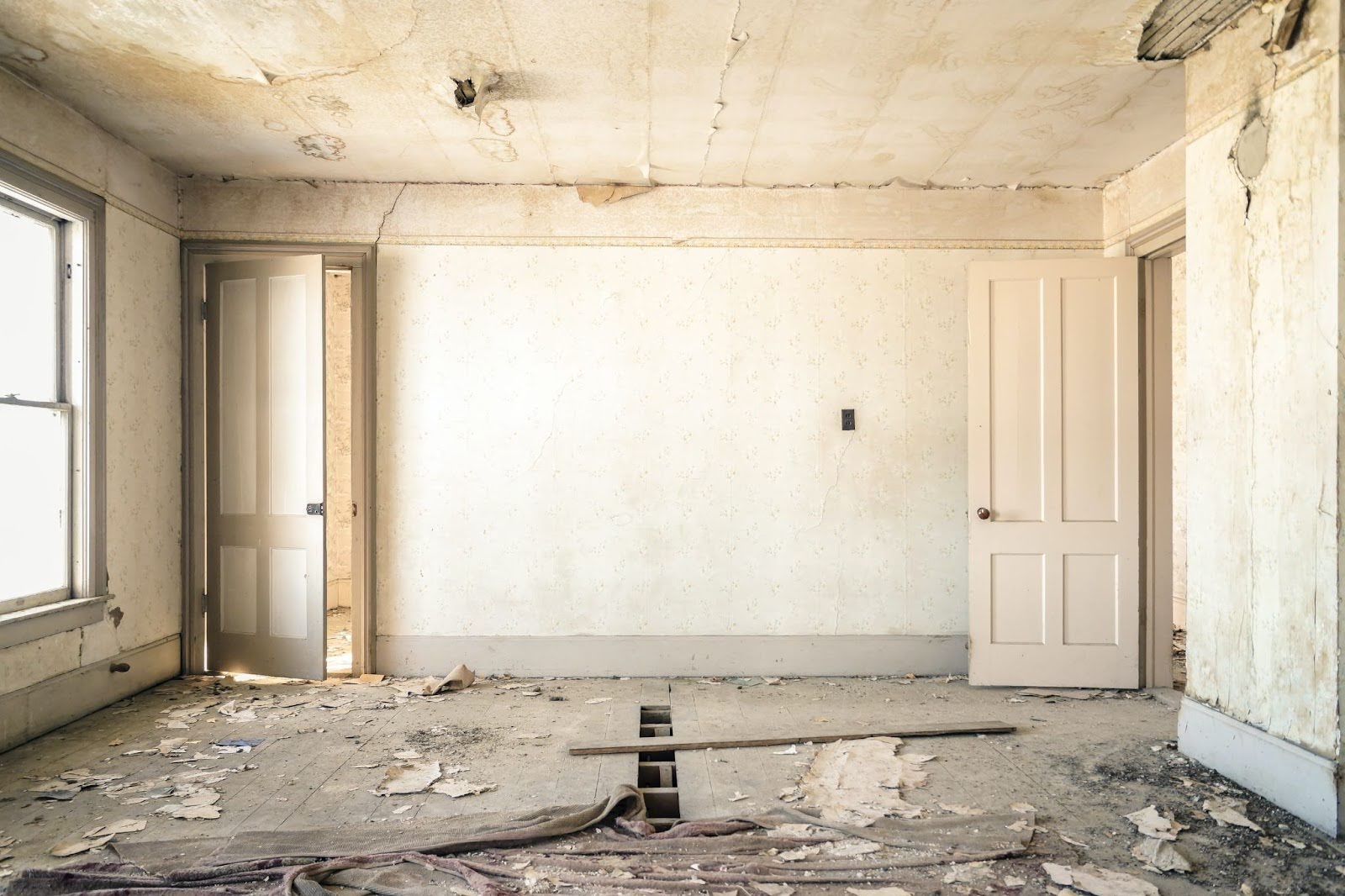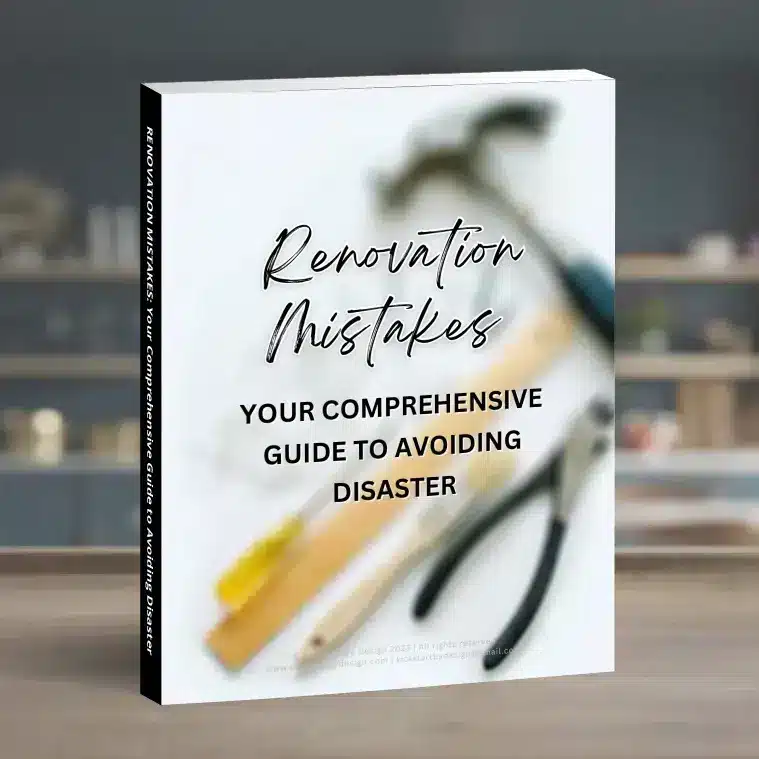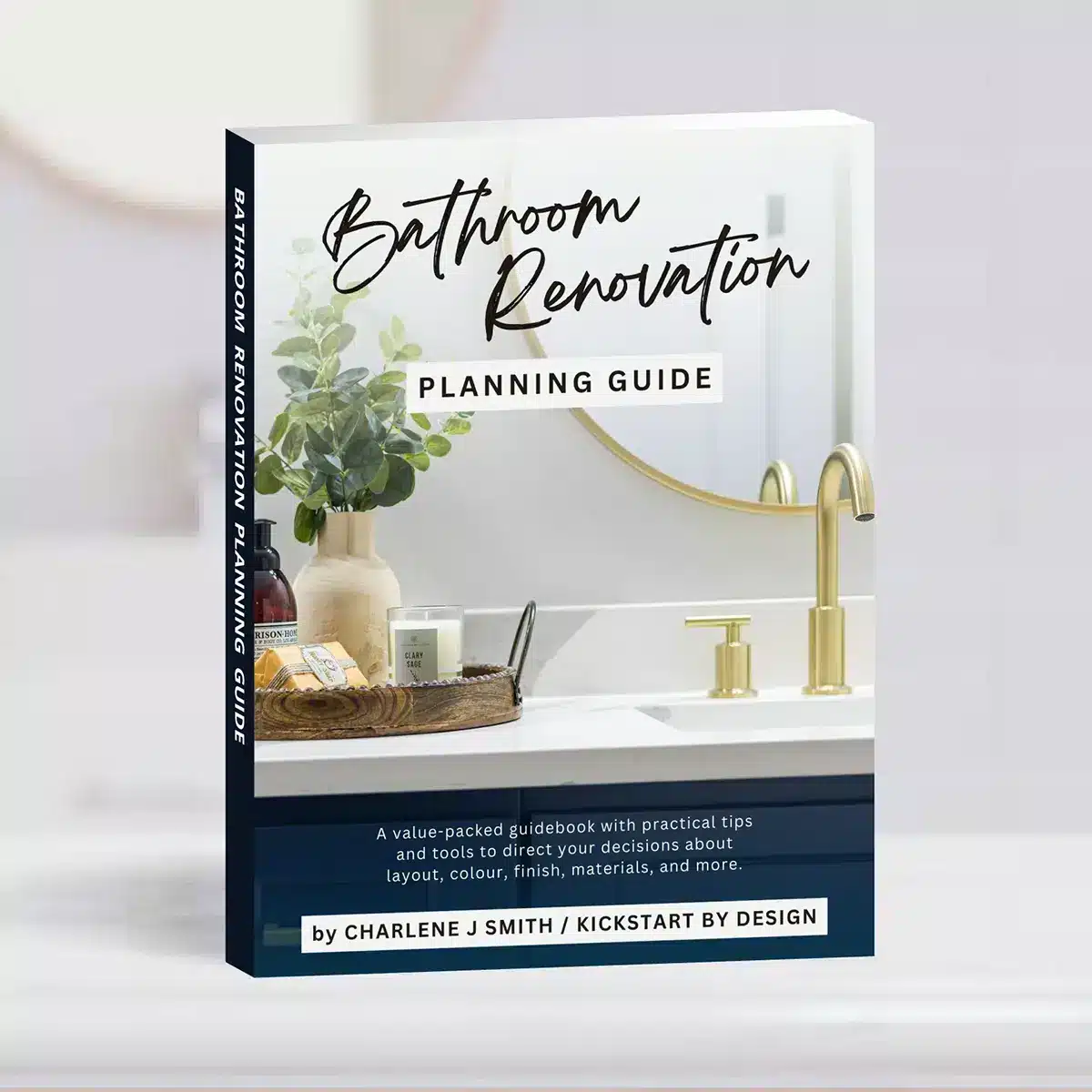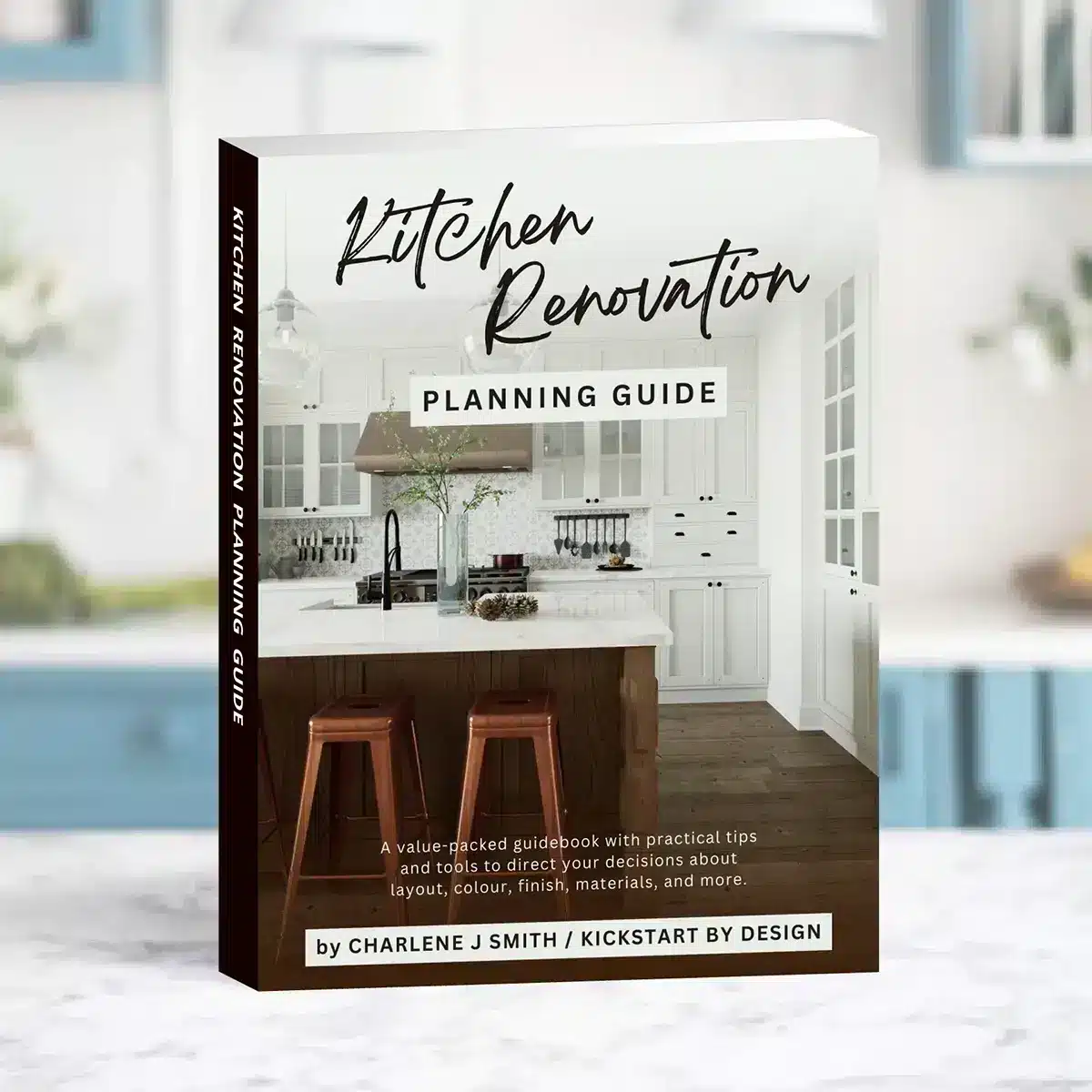Kitchen Renovation Labour Costs: What You Need to Know
When planning a kitchen renovation, it’s important to understand that labour costs—including demolition, waste disposal, tools, and materials—can account for a significant part of your overall renovation budget. Setting a clear budget early on helps you decide whether to hire a professional contractor for a full remodel or take on a more limited project with some DIY kitchen renovation elements.
If you’re working with a contractor, your budget can help define which tasks they’ll manage and which ones you might handle yourself. This can be a smart way to stay on track financially without sacrificing quality.
Pro tip: Never cut corners when it comes to skilled labour. Hiring experienced professionals may cost more upfront, but it can save you money in the long run by avoiding mistakes and future repairs.
A true story: A couple who’d just bought a home called me for a design/renovation consult. One complaint they wanted to address was that the second floor doors were really hard to close—catching on the door jambs—and getting noticeably worse. Further investigation found the doors were sticking because a supporting wall had been removed when the main floor renovation was done. The wall was removed to accommodate an “open kitchen plan.” Because of this wall being removed, the house was slowly collapsing in on itself. This proposed change would NOT have been approved for a building permit, had the previous owners gone through the correct channels. We were lucky to catch it when we did – it could have been a matter of days before the second floor caved in on the couple and their young children.

Photo by Nolan Issac on Unsplash
How to Choose the Right Contractor for Your Kitchen Renovation
Selecting the right professionals is one of the most important steps in a successful kitchen renovation. The contractor—or team of tradespeople—you hire can make or break your project. Here’s a simple, step-by-step guide to help you find the best fit for your goals, budget, and vision:
1. Define your renovation goals and design vision
Before you start searching, get clear on what you want. Whether you’re doing a full kitchen overhaul or a smaller update, having a defined plan makes it easier to communicate your needs to potential contractors or trades.
2. Do your research and create a shortlist
Look for professionals with solid experience in kitchen renovations.
- Check referrals, read online reviews, and explore professional directories.
- Verify that each candidate has proper licensing, insurance, and relevant certifications.
- Review portfolios to see if their style aligns with your vision.
3. Interview candidates and request detailed quotes
Speak directly with your top picks to get a feel for their approach.
- Ask about their past projects and request references.
- Get comprehensive, itemized quotes to compare pricing, timelines, and services.
4. Follow up on references
Talking to previous clients can give you valuable insight into a contractor’s reliability, communication, and workmanship. If possible, ask to see a completed project in person.
5. Make your selection—and get it in writing
Choose a contractor who not only offers fair pricing but also communicates clearly and shares your vision.
- Ensure everything is outlined in a written contract, including scope, timelines, costs, and responsibilities.
- Don’t always go with the lowest bid—go with the team that understands your project and makes you feel confident.
Pro tip: Clear communication throughout the process is key to a stress-free renovation. Choose professionals who are easy to talk to and responsive to your questions—this will make all the difference when challenges arise.
Here is a list of questions to use when interviewing prospective contractors or trades to work with:
How long have you been in business?
Always ask for references, even if they are seasoned professionals.
Do you have a licence and proper insurance?
These are a must. Please request to view the documentation.
Will you obtain the permits and set up the inspections required?
They will discuss who will get the permit(s) and who will meet with inspectors
on site. You should anticipate a cost for this service.
Is there a dedicated team working on my project?
A contractor will have either employees or regular tradespeople they work with.
This established relationship with preferred tradespeople ensures that timelines
can be met reliably. Consistent collaboration fosters better communication,
trust, and efficiency, all of which contribute to smoother project execution and
timely completion.
Can I DIY some aspects?
If you have the skills and the time, you can stretch your renovation dollars
by taking on some of the project’s work yourself. Generally, contractors
recommend that you leave structural and mechanical renovations to the professionals,
but many homeowners can competently do their own painting or other
finishing jobs. Talk to your contractor about how this may affect scheduling and
any warranties.
What’s the timeline for the project?
Have a detailed description of work to be completed by the professional you’re
interviewing, as well as tasks NOT included (e.g., DIY or handled by a different
professional). This helps to ensure no aspects of the project are overlooked,
especially if coordinating several trades. When you provide a detailed scope
of work, a realistic schedule of events should be something they can easily
discuss with you.
Who do I talk to if I have questions during my renovation?
When hiring a contractor, look for one who values open communication and
keeps you updated on progress, issues, or adjustments. Unless it is themselves,
they will usually have a project or site manager, a dedicated contact person to
ensure everything runs smoothly.
What does the payment schedule look like?
It should be set up as a draw—for example: 50% deposit, 40% at a set point
of the project’s completion (cabinet delivered to site, day one installation of
cabinets), final 10% upon completion of the project.
You and your renovator will conduct an inspection of the completed work. This
is the time to take a close look at everything and note any problems or imperfections
before you make the final payment.
Do you provide any warranty?
Reliable contractors typically offer warranties on their workmanship. Be sure to
ask about the warranty length and what it covers. Knowing they stand behind
their work and offer support for post-project issues provides peace of mind.
Short of that, you can always call me to set up a virtual consultation to walk through some of your thoughts and answer any of your questions: https://charlenejsmith.com/consult/.



